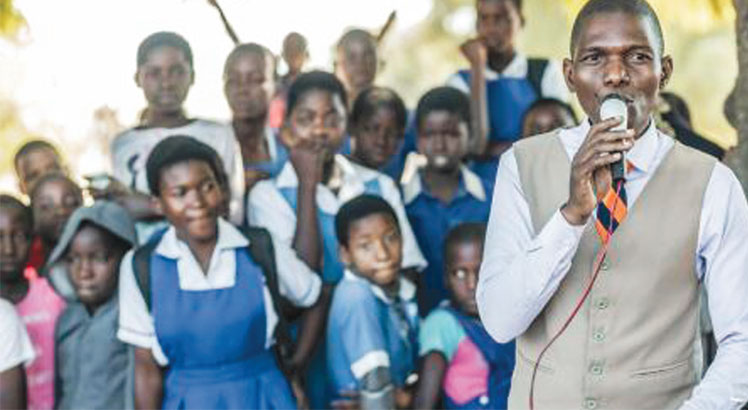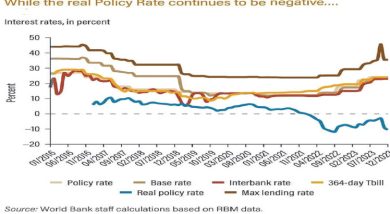Silent box gives learners a say in school affairs
Two things catch visitors’ eyes at Kapila Primary School in Salima District, a suggestion box in an open playground and contacts of child rights protectors on the wall.
The opaque box, like the writing on the wall of a kitchen for school meals Zione Maxwell loves most, allows children to discreetly share their inner fears, aspirations and suggested solutions.
“The suggestion box and the contacts are placed in the open so that when you have any complaint, you can easily share it with relevant authorities,” says the 13-year-old Standard Six girl.
She has yet to toss a complaint into the box, but actively urged her distressed friends to share their pent-up emotions.
“Just in May this year, my best friend nearly dropped out because she was coming to school wearing a dirty and worn-out school uniform. Her parents couldn’t provide soap, pens, uniforms and examination fees, so I encouraged her to share her agony through the suggestion box,” she explains.
The girl soon realised that a problem shared is half-solved as a group of mothers determined to keep girls in school visited her parents to discuss the importance of keeping girls in school.

The mother group and the suggestion box are part of the United Nations Joint Programme on Girls Education implemented by Unicef, UNFPA and the World Food Programme.
Every afternoon, representatives of learners, teachers and parents convene in the open arena to empty the box and record the complaints. They refer each note to relevant role players, including the mother group, parent-teacher association (PTA), school management committee, police and the Social Welfare Department.
Charity Mseka, president of the Kapila Primary School students’ council, says the box and child protectors’ contacts have helped to create a safe learning environment for all, especially girls.
“Putting such tools in the open helps children to share the concerns they cannot say in the face of teachers. We open it after classes and most of the children complain about household chores that force them to get to class late and too tired to learn. Others lament the lack of care from their guardians,” she explains.
Her co-president Enoch Anderson was in Standard Five when he arrived from Katoto Primary School in Mzuzu City.
He recounts: “The box was already in use when I got here three years ago. It holds our secrets, including sufferings that some adults take for granted. If we address the concerns we get every day, we can create better schools where we can achieve our dreams,
Enoch is happy that children are reclaiming their space and power to express their concerns, including holding negligent and abusive adults to account.
“We no longer conceal child abuse,” he says.
“These days, abusive people fear to mistreat a learner because they know the law will catch up with them if their misconducts end up in the box.”
For Headteacher Francis Chautsi, the future looks bright for the school with an enrolment of about 1 500 children, including 784 girls.
He says: “The feedback from the suggestion box, the students’ council and other clubs established with support from Unicef under the UN project has helped us to create a safer teaching and learning climate for all children.
“Now we take a serious look at children’s worries once taken for granted. The children’s concerns and aspirations inform the decisions that we take for their good. Interestingly, the learners are represented in the school management committee.”
Concurring, Kapila Parents-Teacher Association chairperson Henry William says he makes sure to attend the opening of the suggestion box once a week.
He says the committee that cements parents-teacher ties ties is glad that children are enjoying their freedom of expression and informing the decisions made for their good.
“The box represents a diversity of initiatives to help children enjoy their right to quality education. They confide in different duty-bearers about the setbacks that give them a raw deal and force some to quit school too early. Every note is a call to action for duty-bearers,” says William.
To the PTA leader, the suggestion box is to the learners what a ballot box is to voters–a beacon of their aspirations.
He explains: “The suggestions represent what the children want. We take each seriously just as every vote counts. When many complained about teachers missing classes, we listened and urgently approached the teachers to return to work. The rest learned from them





